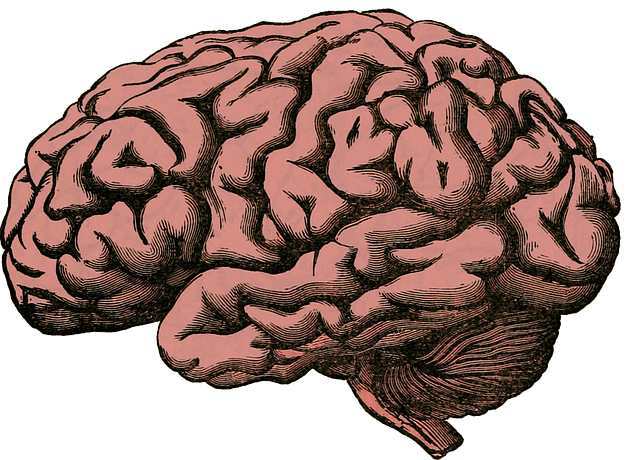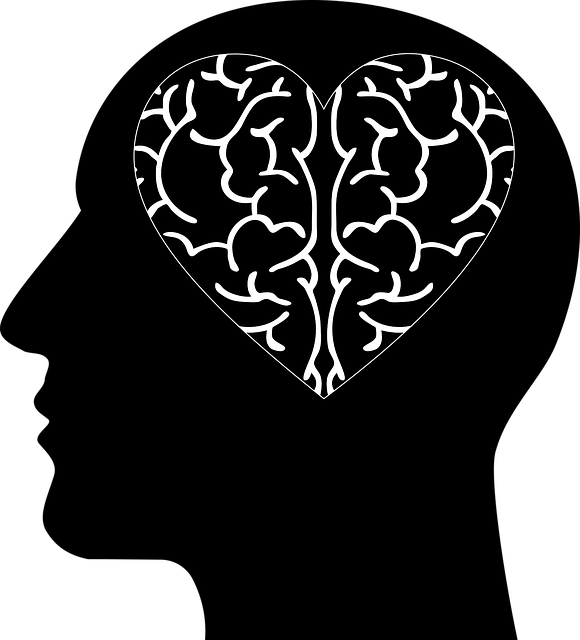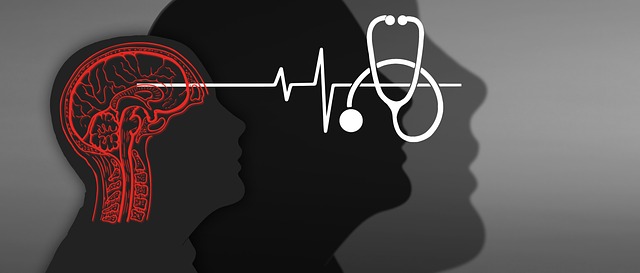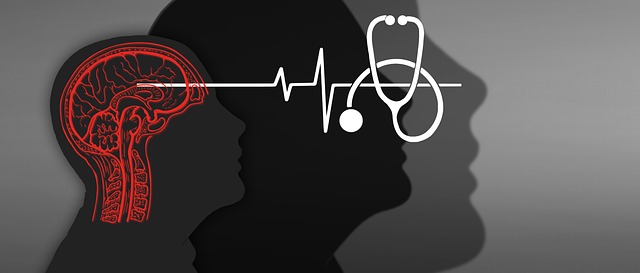Parker EMDR Therapy, a powerful self-assessment tool developed by Francine Shapiro, aids individuals in managing emotional well-being through introspection and understanding triggers. By identifying areas like stress or trauma, it empowers people to create personalized coping strategies, promoting resilience. Integrating this evidence-based practice into mental health coaching can prevent burnout, enhance crisis interventions, and provide valuable insights for effective support, making it a vital resource for promoting mental wellness and addressing trauma.
Mental wellness self-assessment tools play a crucial role in individual understanding and management. This article explores their development, focusing on Parker EMDR Therapy as a promising approach. We delve into the importance of effective and reliable assessments, highlighting innovative techniques that empower individuals to take charge of their mental health. By examining these tools, we aim to enhance accessibility to self-care practices, fostering better overall well-being, especially through the lens of Parker EMDR Therapy’s proven benefits.
- Understanding Mental Wellness Self-Assessment Tools
- Parker EMDR Therapy: A Promising Approach for Self-Assessment
- Developing Effective and Reliable Self-Assessment Tools for Mental Wellness
Understanding Mental Wellness Self-Assessment Tools

Mental wellness self-assessment tools play a pivotal role in empowering individuals to take charge of their emotional well-being. These assessments serve as gateways, facilitating self-discovery and introspection. By offering structured frameworks, they help people identify areas needing attention, be it managing stress, overcoming anxiety relief challenges, or addressing past traumas that may be hindering present-day functioning. One such notable approach is the Parker EMDR Therapy, which has gained recognition for its effectiveness in trauma support services.
These tools are not just diagnostic aids but also act as catalysts for positive change. They enable individuals to pinpoint specific emotional responses and triggers, fostering a deeper understanding of their mental health landscape. Armed with this knowledge, people can then explore tailored strategies for emotional well-being promotion techniques, leading to improved coping mechanisms and overall resilience.
Parker EMDR Therapy: A Promising Approach for Self-Assessment

Parker EMDR Therapy stands as a promising approach within the realm of self-assessment tools for mental wellness. This therapeutic method, pioneered by Francine Shapiro, leverages eye movement desensitization and reprocessing (EMDR) to help individuals process traumatic memories and emotions effectively. By integrating bilateral stimulation techniques, such as side-to-side eye movements or tactile taps, EMDR facilitates the brain’s natural healing process, offering a unique and potent means for self-assessment and mental wellness coaching programs development.
Given its efficacy in treating post-traumatic stress disorder (PTSD) and other trauma-related conditions, Parker EMDR Therapy holds significant potential for inclusion in risk assessment protocols for mental health professionals. By equipping practitioners with advanced tools like EMDR, the field of mental health support can enhance burnout prevention strategies. The ability to assess and address underlying emotional wounds empowers individuals to navigate life’s challenges more adaptively, underscoring the importance of integrating such innovative approaches into comprehensive mental wellness coaching programs.
Developing Effective and Reliable Self-Assessment Tools for Mental Wellness

Developing effective and reliable self-assessment tools for mental wellness is paramount in ensuring individuals receive accurate evaluations and appropriate support. These tools play a pivotal role in identifying emotional distress, mental health disorders, and trauma, guiding crisis intervention efforts, and promoting emotional well-being. Incorporating evidence-based practices such as those found in Parker EMDR Therapy can significantly enhance tool efficacy. This therapy approach has proven effective in addressing various psychological challenges, including post-traumatic stress disorder (PTSD) and anxiety disorders.
Self-assessment tools should be carefully crafted to capture the nuanced experiences of individuals while ensuring user-friendliness and cultural sensitivity. They must be validated against established mental health criteria and regularly updated to reflect emerging research findings. By integrating these considerations, self-assessment tools can serve as valuable entry points into the mental health conversation, facilitating timely interventions, and connecting users with appropriate trauma support services or emotional well-being promotion techniques.
Mental wellness self-assessment tools play a crucial role in empowering individuals to take charge of their mental health. As demonstrated, Parker EMDR Therapy offers a promising approach by combining eye movement desensitization and reprocessing with intuitive self-assessment techniques. To develop effective and reliable tools, future research should focus on standardization and validation across diverse populations. By integrating innovative methods like Parker EMDR, we can enhance accessibility to mental wellness assessments, enabling folks to navigate their emotional landscapes with greater ease and resilience.














